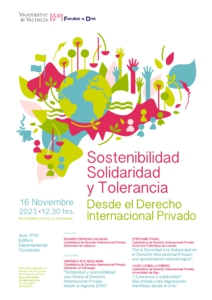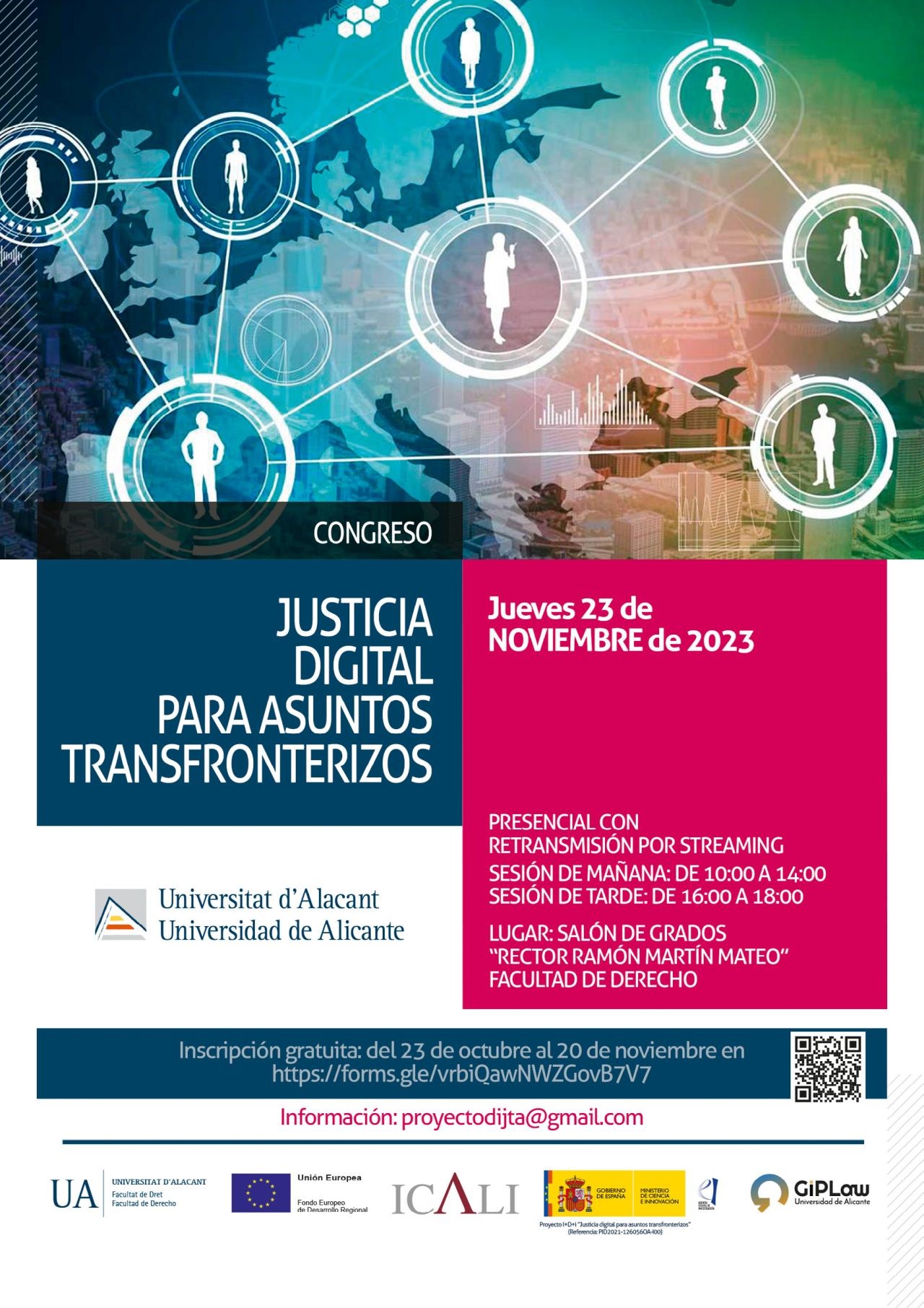Elgar Companion to UNCITRAL: Virtual Book launch
Co-edited by Rishi Gulati, Thomas John and Ben Koehler, the Elgar Companion to UNCITRAL is now out. This is the second in the trilogy of books on the three key international institutions mandated to work on private international and international private law. The Elgar Companion to the HCCH has already been published in 2020, with the Elgar Companion to UNIDROIT out in 2024.
The Elgar Companion to UNCITRAL brings together a diverse selection of contributors from a variety of legal backgrounds to present the past, present and future prospects of UNCITRAL instruments. Split into four key thematic sections, this book starts by providing an institutional background to UNCITRAL, before moving on to discuss the topic of dispute resolution, including contributions on international arbitration, mediation, and online dispute resolution. Further chapters then explore key topics in international contract law, especially relating to the United Nations Convention on Contracts for the International Sale of Goods. The final section of the Companion consists of chapters on a variety of matters considered at UNCITRAL, namely, micro, small and medium-sized businesses; insolvency; secured transactions; negotiable instruments; public procurement; electronic commerce and transport law.
The book will be virtually launched by the Secretary of UNCITRAL, Ms Anna Joubin-Bret, on 14 December 2024 at 13:00 CET. The launch event will also include a highly informative panel discussion. To register, please click at the link below:
https://events.mpipriv.de/book_launch_elgar_companion_to_uncitral


 In May, the Hamburg Max Planck Institute organized an
In May, the Hamburg Max Planck Institute organized an  On 16 November 2023, on the “International Day of Tolerance”, Prof. Rosario Espinosa Calabuig, is organising a new International Seminar, this time under the title: SUSTAINABILITY, SOLIDARITY AND TOLERANCE FROM PRIVATE INTERNATIONAL LAW.
On 16 November 2023, on the “International Day of Tolerance”, Prof. Rosario Espinosa Calabuig, is organising a new International Seminar, this time under the title: SUSTAINABILITY, SOLIDARITY AND TOLERANCE FROM PRIVATE INTERNATIONAL LAW.
